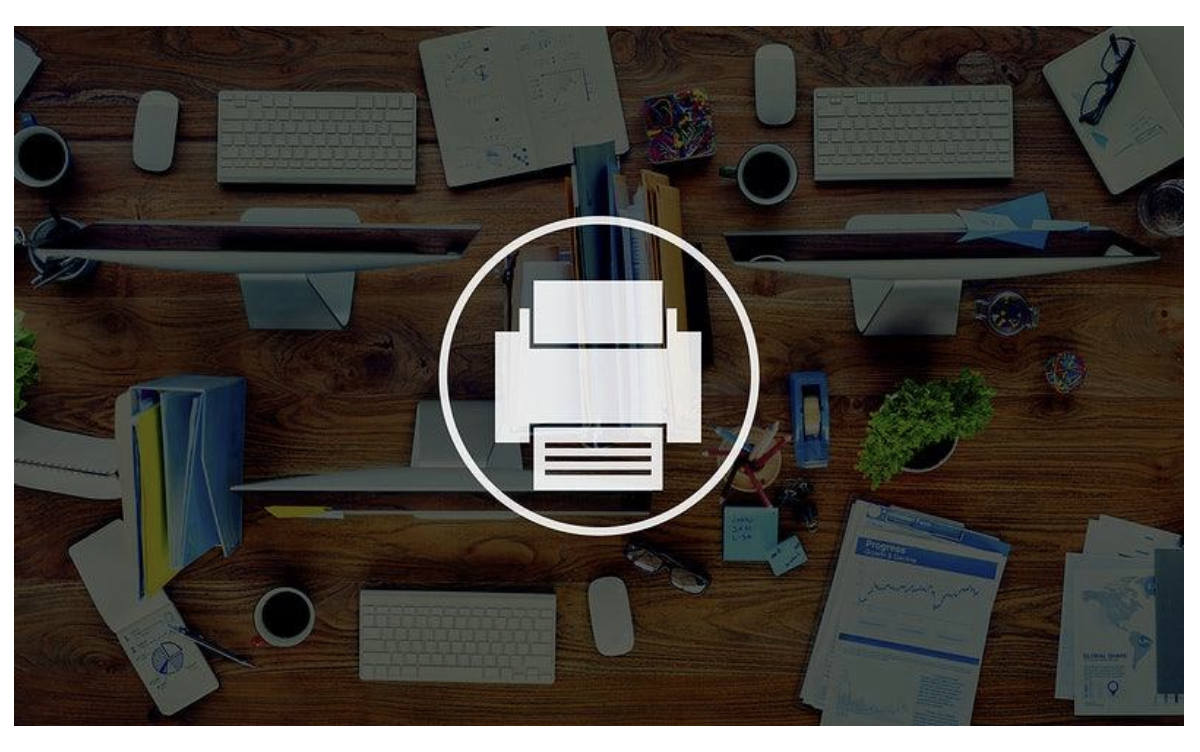The Difference Between OEM, Compatible, and Remanufactured Cartridges
Original ink and toner cartridges have always been expensive. Fortunately, there are a plethora of compatible and remanufactured supplies. This alternative market is robust and rapidly growing. Learn how cheaper products compare to their OEM counterparts.
Ink (or toner) is the most expensive part of using a printer in the long run. For example, owners of HP Officejet 8702 spend around $150 on original cartridges (cyan, yellow, magenta, and black). Meanwhile, the 952xl 4 pack is sold by Smart Ink for around $64. The difference is staggering, and long-term savings are very impressive. Is the quality just as good?

OEM Cartridges
Original equipment manufacturer products are the default choice. Every brand (Canon, HP, Brother, etc.) urges customers to use only original ink or toner. Genuine cartridges are convenient when:
- You do not have time or desire to search for alternatives;
- Money is not a problem.
Name-brand cartridges have excellent quality. Compatibility and instant recognition are also guaranteed. Price is the only downside, but this drawback is quite serious.
Sometimes, a full cartridge pack costs nearly as much as the printer. This is particularly salient with basic inkjet models like HP DeskJet 2723e ($69.99 for the printer + around $62 for XL ink). OEM toner cartridges are more expensive than any third-party rivals.
Compatible Cartridges
Independent companies create cartridges with design and performance similar to OEM supplies. Both shells and ink/toner are non-original, but the quality is often indistinguishable.
Compatible products match particular types of equipment. For example, hp952xl is suitable for HP Officejet 8702 and several dozen HP Officejet Pro models. Installation is also quite similar.
The biggest competitive strength is the price. Smaller brands do not have gigantic R&D programs. They offer attractive prices, free shipping, additional discounts for buying in bulk, etc. Typically, consumers may spend from 20% to 70% less every time.
Remanufactured Cartridges
The term "Remanufacturing'' describes the recycling of original cartridges. As second-hand products, they are more affordable than brand-new ones. This process is more complex than the plain refilling of ink or toner cartridges. Remanufacturing includes:
- Emptying and cleaning;
- Repairing or replacing components if necessary;
- Injecting fresh ink/toner;
- Testing before shipping.
Professional services guarantee excellent workmanship and performance. Unfortunately, some people still try refilling cartridges by themselves — often, with disappointing results.
Consumers are strongly advised against at-home refills. They are messy and complicated, so ink stains are not the worst consequence. Amateurs risk causing permanent damage to their cartridges and/or printers. For example, they may inject too much ink or cause bubble formation. DIY-refilled toner may also leak. Finally, all cartridges have sensitive components that must not be touched.
Comparison of Quality
The quality of genuine cartridges is guaranteed, but smaller brands are also highly competitive. Their products may comply with such international standards as:
- CE,
- ISO 9001,
- ISO 14000,
- Reach,
- STMC.
Comparison of Sustainability
Both compatible and OEM products are 100% new. Recycled cartridges are the optimal choice for eco-conscious consumers. They get refurbished shells with new ink, so there is less waste. What's more, thorough testing ensures that second-hand products perform as good as before. Buyers do not sacrifice quality for the sake of sustainability.

Comparison of Volume
All types of cartridges may be available in Standard, XL, and XXL (the rarest) volume. This depends on the printer’s brand and model. For example, one black HP 952XL cartridge lasts for 2,000 pages, which is twice as much as the standard yield. A compatible cyan XXL Canon 281 cartridge prints 830 pages, while the standard yield is 259 pages.
Comparison of Legality
All three product types are legal. Compatible cartridges are classified as the original. Despite resembling genuine supplies, they are designed from scratch and have significant distinctions.
Remanufactured products sold in the “aftermarket” are also legal. By law, manufacturers are not allowed to prohibit their use. Although manuals describe the dangers of refilling, even DIY refills are allowed (but still risky).
Consumer protection laws in different countries, including Canada, guarantee freedom of choice. Using a compatible or remanufactured cartridge will not void your warranty for the equipment.
All brands can do is issue recommendations. Whether to heed or ignore them is up to you. As we have mentioned, cartridges that are produced professionally are tested repeatedly to make sure they perform like new.
Comparison of Safety
Like OEM products, cartridges from independent brands will not damage your printer. You have to follow the same installation precautions. For example, never touch the chip on sensitive electronic components and always install every cartridge into its designated slot.
Comparison of Compatibility
It goes without saying that OEM products are recognized immediately. With alternative supplies, you may face some obstacles. Big stores like Smart Ink guarantee that every product comes with the latest version of the chip. Printer manufacturers release firmware that programs printers to reject non-original ink.
Where to Buy
Instead of the official HP Canon, or Brother stores, you can find everything you need in the compatible or “aftermarket” segment. These online stores are not created equal, so it is crucial to research their background. Specifically, you should look for the following pros:
- Only certified quality;
- Latest version of the chip;
- 2-year money-back guarantee;
- Ink level tracking (some models notify you when it is time to buy a replacement);
- Free shipping;
- Multi-layer packaging;
- Customer support 24/7 via live chat, email, and phone;
- Recyclable products.
Check genuine customer feedback on websites like Trustpilot. Pay attention to the return policy and efficiency of services overall. Try calling the customer service number and chatting with an employee via live chat. Finding a reputable store takes time, but your efforts will soon pay off.
To Sum Up
All three types of cartridges are legal and safe to use, but compatible and remanufactured products must only be bought on trustworthy websites. While print quality is usually comparable, the price difference can be jarring. Supplies from independent brands let owners of inkjet and toner printers make substantial savings.

